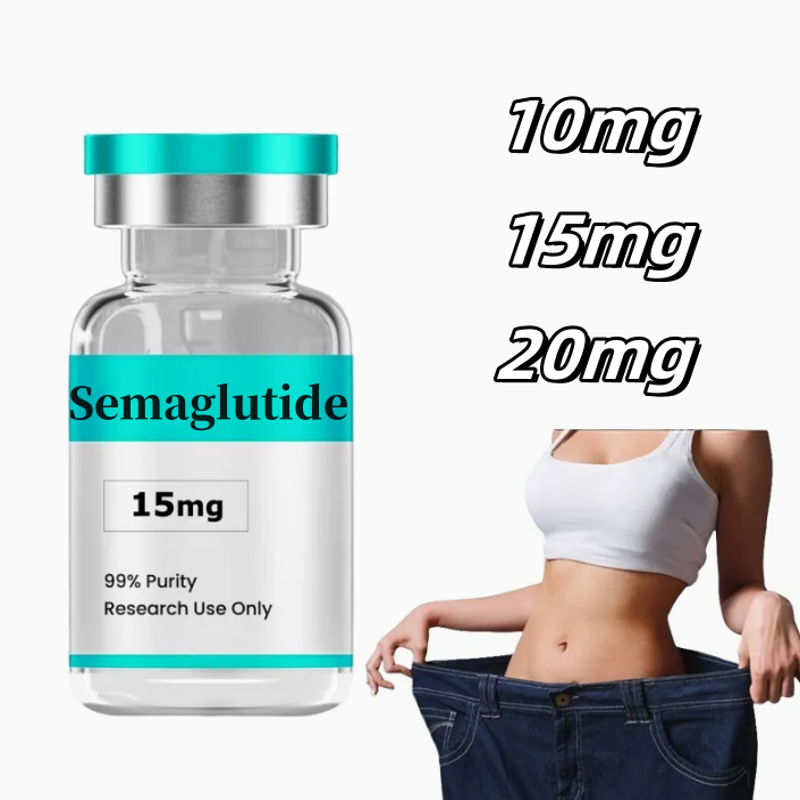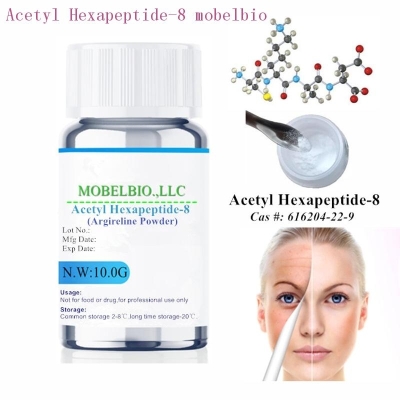-
Categories
-
Pharmaceutical Intermediates
-
Active Pharmaceutical Ingredients
-
Food Additives
- Industrial Coatings
- Agrochemicals
- Dyes and Pigments
- Surfactant
- Flavors and Fragrances
- Chemical Reagents
- Catalyst and Auxiliary
- Natural Products
- Inorganic Chemistry
-
Organic Chemistry
-
Biochemical Engineering
- Analytical Chemistry
-
Cosmetic Ingredient
- Water Treatment Chemical
-
Pharmaceutical Intermediates
Promotion
ECHEMI Mall
Wholesale
Weekly Price
Exhibition
News
-
Trade Service
Breast milk is complex in composition, with a variety of constantly changing ingredients, including proteins, fats and sugars, which protect babies from bacteria In the past, scientists have been working on the antibacterial ability of proteins in human milk However, an interdisciplinary team of chemists and doctors at Vanderbilt University found that some carbohydrates in human breast milk not only have antibacterial properties, but also enhance the antibacterial properties of antibacterial proteins "It's the first time carbohydrates have been found in human milk to have a broad spectrum of antibacterial properties." Steven Townsend, an associate professor who led the study, said "One of the most striking properties of these compounds is that they are non-toxic, unlike most antibiotics." The results were published in ACS infectious diseases The basic motivation for this research is that the problem of bacterial resistance to antibiotics is becoming more and more serious According to the Centers for disease prevention and control of the United States, 23000 people die from this problem every year "We began to try different ways to fight against pathogens To achieve this goal, we studied a particular bacterium, group B streptococcus, which is the main cause of neonatal infection worldwide We wonder if pregnant women, the main hosts of the bacteria, will produce a molecule that suppresses or kills them " Townsend said Townsend and colleagues have turned their attention to antimicrobial sugars in breast milk rather than proteins, which were previously thought to be more difficult "In the last century, biochemists thought that protein was the most important, and sugar was just an aid," Townsend said Most people believe their story, even if there is not enough data to support it We know very little about the role of sugars, and as a glycoprotein chemist, I want to understand the role of these sugars "
To achieve this goal, oligosaccharides were screened from human milk samples and identified by mass spectrometry Then the researchers added these sugars to the culture medium of Streptococcus and observed under the microscope, and found that some oligosaccharides can not only directly kill bacteria, but also decompose the biofilm that bacteria use to protect themselves In the pre experiment, Townsend laboratory collected five samples in total, and they found that one sample of sugar killed almost all streptococcus; in the other sample, the killing power of sugar was slightly weaker, while in the other three samples, the activity ability of bacteria was weakened In the next study, they tested more than 24 additional samples, two of which could decompose bacterial biofilm and kill bacteria, four of which could decompose biofilm but could not kill bacteria, and two of which could kill bacteria but could not decompose them "Our results show that these sugars have the ability to critter bacteria continuously," Townsend said First, they can make bacteria sensitive and then kill them Biologists call this "multiple destruction," and the findings could provide ideas for making new antibiotics
The researchers found that sugar can not only decompose the biofilm of bacteria, but also improve the killing power of other antibacterial substances In the next experiment, the team also demonstrated that the sugars in human milk also have broad-spectrum bactericidal ability, including two of the main pathogenic bacteria "eskape" that cause hospital infection worldwide.







